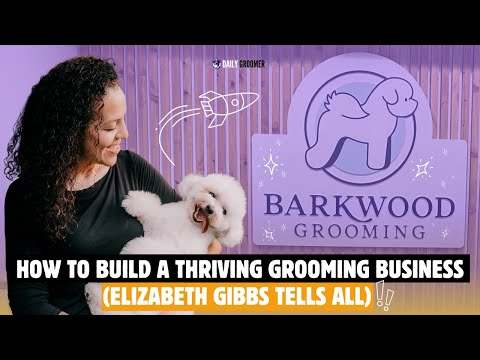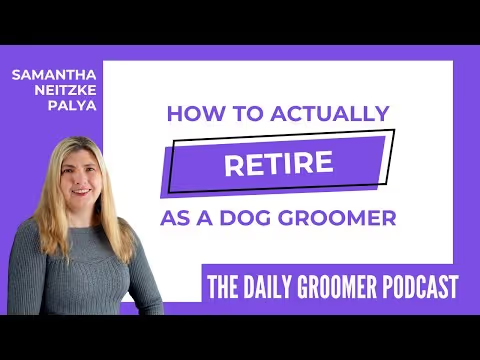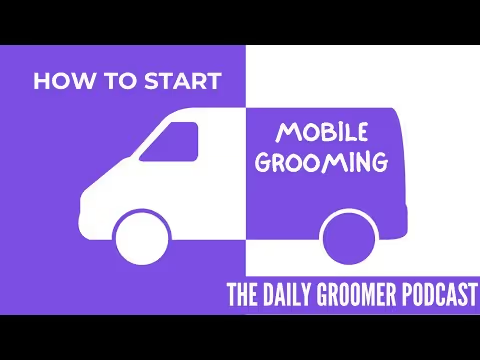Tackling Taxes with Tail-Wagging Confidence: A Dog Groomer's Step-by-Step Guide
Learn how to tackle your taxes as a professional dog groomer with our step-by-step guide
.avif)

Tackling Taxes with Tail-Wagging Confidence: A Dog Groomer's Step-by-Step Guide
As a professional dog groomer, taking care of tail-wagging clients is your expertise. But when it comes to navigating the complex world of taxes, it can feel overwhelming. Don't fret; we're here to help! In this step-by-step guide, we'll break down the basics of tax preparation and alleviate your tax-related stress. By the end, you'll have the knowledge and confidence to handle your taxes efficiently.
1. Organize Your Records
Before diving into the world of taxes, it's crucial to establish a well-organized record-keeping system. Keeping your finances in order will make the tax preparation process a breeze.
Start by keeping track of all your income and expenses. Create separate folders for invoices, receipts, and any other financial documentation. By maintaining neat and accurate records, you'll have easy access to the necessary information when it's time to file your taxes.
2. Understand Your Tax Obligations
As a dog groomer, it's essential to understand your specific tax obligations. Whether you operate as a sole proprietor, LLC, or corporation, your tax requirements may vary. Consulting with an accountant who specializes in small businesses or self-employment can provide you with personalized advice.
Generally, as a self-employed dog groomer, you'll likely need to pay self-employment tax, which covers your Medicare and Social Security obligations. Additionally, you may have to make quarterly estimated tax payments throughout the year to avoid penalties.
3. Deductions and Expenses
One of the most significant benefits of being a professional dog groomer is the ability to claim deductions and expenses. These can help reduce your taxable income and ultimately lower your tax bill.
Common deductions for dog groomers may include grooming supplies, equipment, business insurance, advertising expenses, and even vehicle mileage if you provide mobile grooming services. Remember to keep detailed records and save receipts for all deductible expenses.
3.1 Dedicated Home Office
If you have a dedicated space in your home that you use exclusively for your grooming business, you may qualify for a home office deduction. Measure the square footage of your grooming area and calculate the percentage it represents in your home. This percentage will determine the portion of your rent or mortgage, utilities, and other home-related expenses that you can deduct.
4. Hire a Professional or DIY?
Deciding whether to hire a professional tax preparer or handle your taxes yourself is a personal choice. If your financial situation is relatively straightforward, with minimal deductions and a single income source, you may feel confident enough to file your taxes independently.
However, if your financial situation is more complex, or you're unsure about tax laws and deductions, it's wise to consult with a tax professional. They can help identify deductions you might have missed and ensure your taxes are filed accurately, potentially saving you money and reducing the risk of an audit.
5. Stay Informed and Seek Help
Tax laws and regulations are subject to change, and it's essential to stay up-to-date. Subscribe to reliable tax resources or consult with an accountant who can keep you informed about any new regulations or deductions that may benefit your dog grooming business.
If you're unsure about any tax-related matters, don't hesitate to seek professional help. A small investment in an accountant's or tax attorney's expertise can save you from potential tax troubles in the future.
Remember, tackling taxes doesn't have to be intimidating. By organizing your records, understanding your obligations, making use of deductions, and staying informed, you can confidently handle your taxes as a professional dog groomer. waggingtails.com wishes you a successful and stress-free tax season!














































.avif)


















































.avif)


